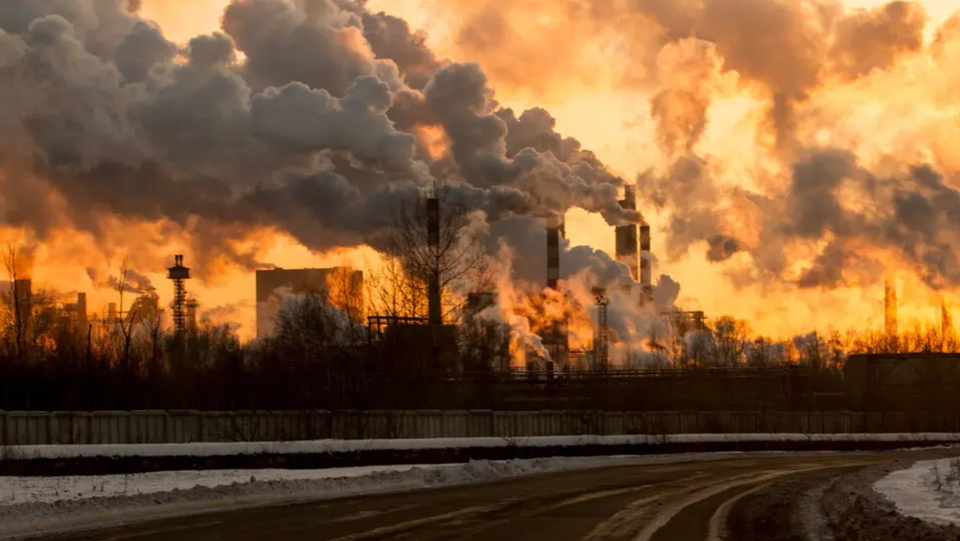Corporate emissions cause considerable costs for society / Disclosure could help reduce emissions

With the new EU Corporate Sustainability Reporting Directive (CSRD), companies will be obliged to disclose their CO2-emissions from 2024. Similar reporting obligations are envisaged in the United Kingdom – and the US Securities and Exchange Commission (SEC) will also adopt a corresponding regulation on the disclosure of climate data this autumn. How can such disclosure help address current climate challenges? A new study quantifies the costs or damages to society of the emissions that companies generate in the course of production and discusses how disclosure could lead to a reduction in emissions. The study considers around 15,000 listed companies worldwide.
“Disclosure of emissions data is essential to holding companies accountable for their emissions,” said co-author Christian Leuz, Charles F. Pohl Distinguished Service Professor of Accounting and Finance at the University of Chicago's Booth School of Business. “Among the benefits of climate data disclosure is that it makes freely available data needed to develop more effective climate policies. It also provides financial markets with data they can use to better assess the consequences of corporate emissions. And the measure could encourage companies to make voluntary reductions.”
CO2-damages correspond on average to about 44 percent of the respective company profit
Leuz and his co-author Patricia Breuer (University of Mannheim and TRR 266) and co-author Michael Greenstone (University of Chicago) show with their study that the average CO2-damages of companies are high and account for about 44 percent of corporate profits. However, this average is strongly influenced by some companies with very large emissions. The median is only 3.6 percent. The authors emphasise that it is not possible to clearly assign how much responsibility for the damages lies with the companies that produce the products and how much with the consumers who buy the products. Nevertheless, the authors describe the damages as CO2-damages of companies, since the emissions originate from company production.



